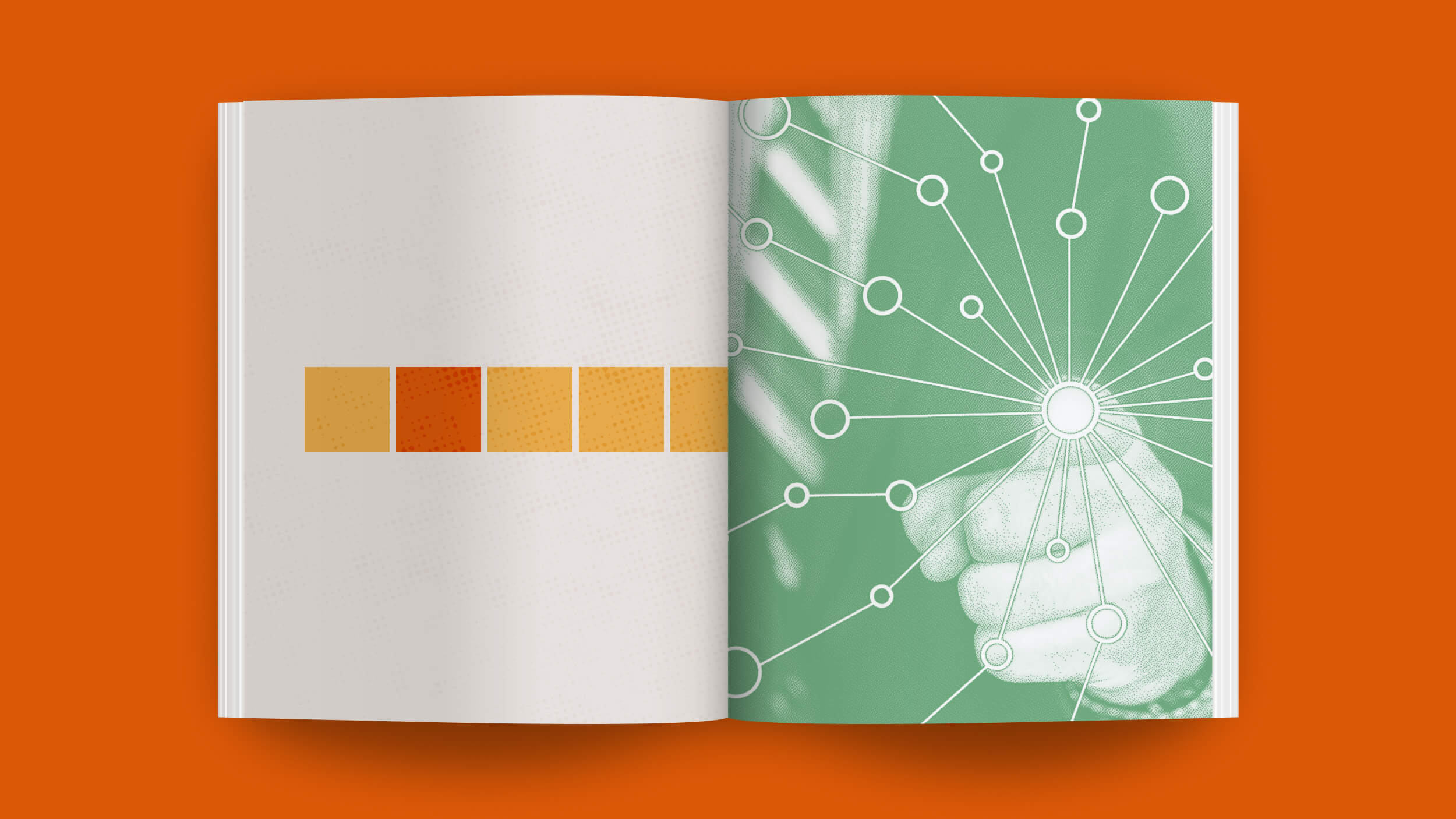What is free culture? What should we protect with copyright laws, and do they need to change?
Question: What is “free culture”?
Jonathan Zittrain: I think it means different things to different people. To me, and perhaps to others, it means feeling like you can participate in the making of meaning, rather than just being a recipient of it. It means that if you have the slightest shred of artistic talent, you're empowered to develop it, to express it, to collaborate with others on it, to share the fruits with other people, under whatever business model, among a fairly large set, you choose. You can share it freely. You can earn money from it. You can have a tip jar out so that you share freely, and then say, "Pay me if you like it." To me, that's what free culture is, an ability to take part in the making of the semiotic soup around us, rather than just watching TV all the time.
Question: What should we be protecting with copyright laws, and do they need to be reformed?
Jonathan Zittrain: Small question! I'm among those who aren’t against copyright as a concept. It's already fighting words to some of my fellow travelers, to dare to say copyright has a place. But I also think it's gone too far. Gone to far in the sense that provisions intended with the best of intentions, 1976 in the States, to say that you get copyright the minute you produce something. As you're scrawling on the napkin, copyright is vesting. You don't have to go register it somewhere. That's meant to protect the artist or author who doesn't have a lawyer on hand to know how to register a copyright, so that some technicality doesn't mean that their work can be stolen. It also unfortunately means that we assume everything is owned until it's definitively shown otherwise. The overhead of trying to figure out who owns what and under what terms they're willing to share it can be enough to prevent some of the cultural collective mass from forming as stuff is zipping around. So I'm worried about formalities, and I'm worried about the copyright term, the fact that software, under copyright for 95 years, so in 2070, we can finally say the TRS-80 operating system is free to play with? Now some people I think would say, "Well, why should it ever go free?" It's not like you own a chair for 90 years, and then okay, the chair becomes everyone's. But a chair can only be sat in by one person at a time. It's real property. Intellectual property can be shared among people at no cost to you. The only cost to you is the money you could have made if you were able to prevent them from sharing it freely, which is sort of a circular argument. And that's why our copyright system in the States is premised on what system will generate the most intellectual wealth. There's a time when, if you make intellectual property loss too strong, the incumbents get to stay incumbents, and anybody new that wants to build on their shoulders has to go cut a deal or go away. I'm not pleased about that.
Recorded on: Mar 8 2008





